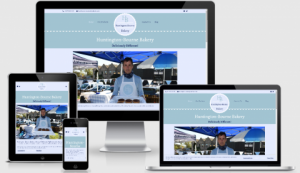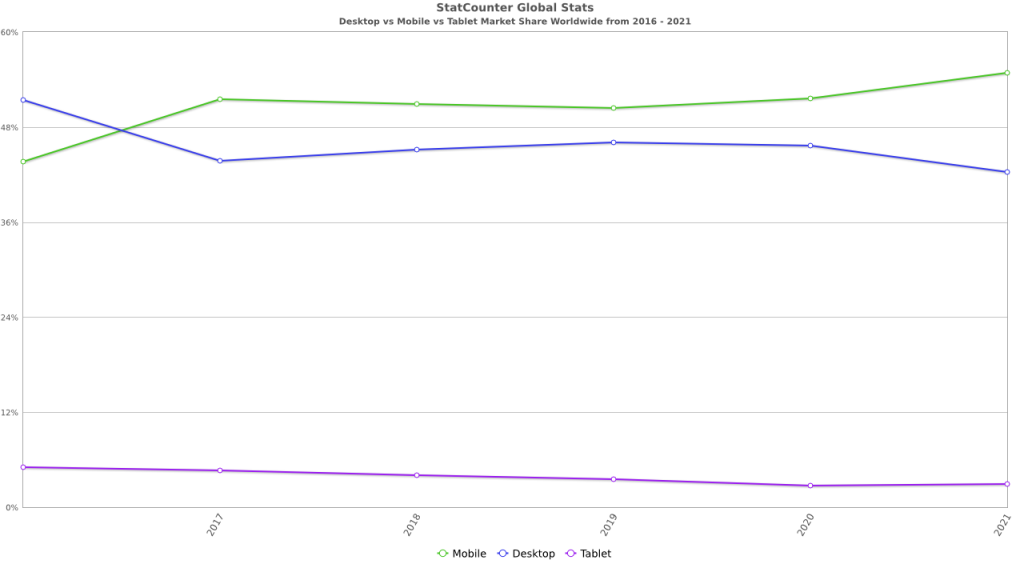Welcome to Natalie Belcher | Web Development
Professional website development, hosting and management services. Specialising in WordPress content management system.
I am a professional freelance web developer based in Thatcham, West Berkshire. Serving Thatcham, Newbury, Hungerford and Reading, as well as other areas across Berkshire, Wiltshire and Oxfordshire. I specialise in responsive, accessible web development using WordPress (a content management system), and am able to migrate existing WordPress sites from other cPanel/non-cPanel hosting providers. My cloud hosting platform has been fully optimised to offer outstanding performance for web applications.
Whether you’re looking for a new website, or require assistance with an existing site (be it maintenance or search engine optimisation), I’d love to hear from you!
What is WordPress?
WordPress is an open source content management system. It is free to download and use – and it is maintained by a community of developers. WordPress is capable of powering large-scale websites.
Notable sites using WordPress are:

What is responsive web development?
Responsive web development is the method of designing and developing websites that ensures the web pages display well on a variety of devices and window or screen sizes, automatically. It greatly reduces a users need to pan, zoom and scroll when browsing the web.
Why is responsive web development important?
According to StatCounter Global Stats, in 2016 mobile and tablet internet usage surpassed desktop usage for the first time, worldwide. This trend has continued ever since, which makes responsive web development imperative.

What is accessible web development?
According to the W3C, web accessibility means that websites, tools, and technologies are designed and developed so that people with disabilities can use them. It ensures that people can perceive, understand, navigate, and interact with the web
contribute to the web.
Web accessibility encompasses all disabilities that affect access to the Web, including:
- auditory
- cognitive
- neurological
- physical
- speech
- visual
But, web accessibility also benefits people without disabilities, for example:
- people using mobile phones, smart watches, smart TVs, and other devices with small screens, different input modes, etc.
- older people with changing abilities due to ageing
- people with “temporary disabilities” such as a broken arm or lost glasses
- people with “situational limitations” such as in bright sunlight or in an environment where they cannot listen to audio
- people using a slow Internet connection, or who have limited or expensive bandwidth
The power of the Web is in its universality.
Tim Berners-Lee, W3C Director and inventor of the World Wide Web
Access by everyone regardless of disability is an essential aspect.

